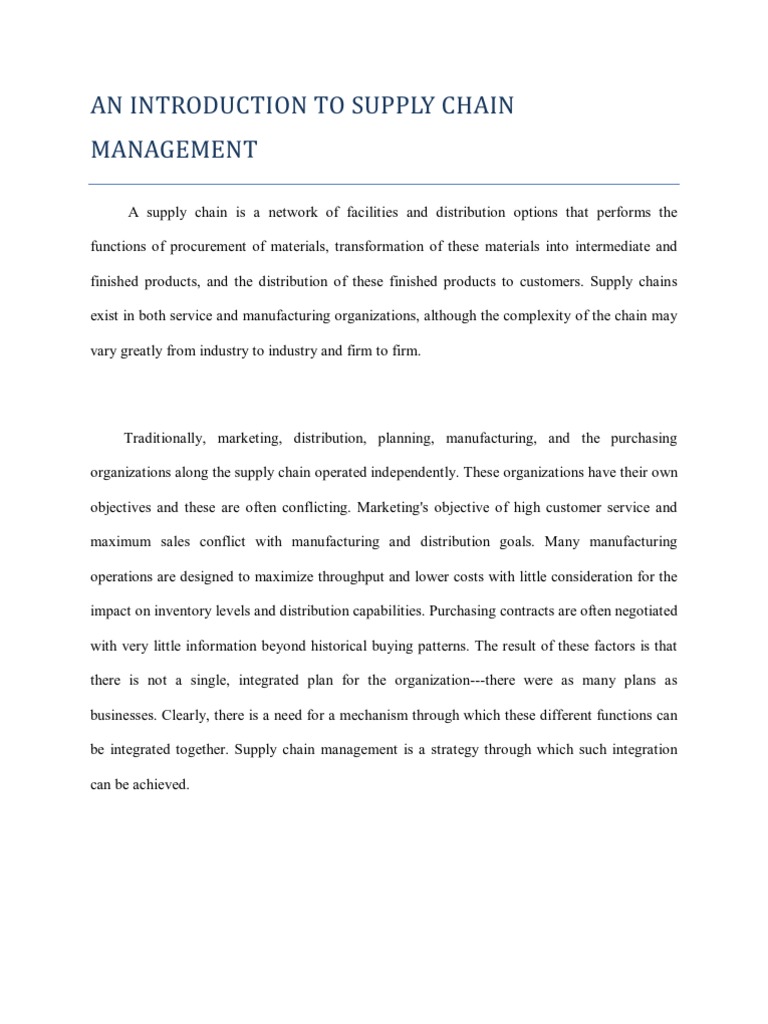
A manager is a professional who oversees a business' operations. Managers are more involved in day-to-day business operations than the higher-ranking executive who are focused on strategic matters and overall coordination. Managers are in touch with employees who make, sell or support the company. Below are key characteristics for a manager. You can read on to learn about this job description, and what it takes to be a manager.
Job description of a manager
A job specification is a description of the job's tasks, general duties, and responsibilities. It is used for the selection of employees. Although it might include information about a particular job title, it shouldn't be exhaustive. A manager's job description should include details about the duties of a general boss. This document is a valuable tool for the interview process. It should not be difficult to create a job description if you want to be hired.
The job description for a manager should reflect the objectives of an organization as well as their specific function. Managers can lead one group or another, but they may also lead a particular functional unit. One example is that a manager of global reach may not directly report on a single staff member but might have contact information in the countries where they are working. On the other hand, a job description for a recruiter may not include a direct reporter, but they should coordinate with other staff and hiring mangers. For those who aren't sure what the exact job title is, keep reading!

What are the characteristics of a good manager?
Good managers have a broad range of skills. They can read people, take initiative and make decisions. They are capable of handling workplace conflicts in a positive way and will step in when necessary to maintain the work environment or improve the morale of employees. Managers who are good at giving constructive feedback to their staff members don't wait to finish the performance appraisal cycle. This helps them align their team members with company goals.
A great manager should be able show confidence. This confidence is not fake. It comes from within, so it isn't to mistake it for aggressive behavior or cockiness. Managers who are good listeners and make informed decisions can delegate and hold others accountable. It is difficult to manage people. However, self-introspection can help you turn around a bad manager.
An example of a career path for managers
Learning management can help you better understand the many aspects of running your business. Managers are often referred to as generalists but actually are specialized professionals who specialize in specific areas. Knowing the industry and its effects on the market economy is key to your success. There are many different ways to get into management, including joining a family-owned business or running an entire organization.
A majority of careers require you to switch from doing one job to solving another. The ability to solve problems helps people move up the ladder. For example, a Human Resources Coordinator may recruit two new Marketing Associates to work for a company. The Director in Human Resources will provide strategies and the Human Resources Coordinator will carry them out. Although these career paths are similar, they may differ between companies. Once you are established within a company, you may be able to move up to a higher management position such as COO.

Management skills required
The skills needed to be a successful manager include: the ability to lead, delegate, and organize, among other things. Management of people can be difficult. Managers should have the ability to adapt to various situations and emotional intelligence. Managers also need to know how to communicate with different personalities, understand their values, and meet their needs. A manager must have a wide range of skills to succeed, and many of these skills are not as tangible as they may seem. Sling's team has identified 15 management skills that are crucial for success.
Communication is an essential skill for anyone who is in a management position. Good communication is essential for motivating employees, managing internal expectations, and resolving conflict between team members. In addition, managers are expected to communicate effectively with peers and with customers. Communication skills are essential for success in business. They must be able to communicate clearly, influence others, and make complex ideas clear. All of these skills are necessary for success in management. While these skills might not be evident immediately when you start your job, they will assist you in succeeding in any type organisation.
FAQ
Why is project management so important?
Project management techniques can be used to ensure smooth project execution and meeting deadlines.
This is because most businesses rely on project work for their products and services.
These projects are essential for companies.
Without effective project management, companies may lose money, time, and reputation.
What is TQM and how can it help you?
The industrial revolution saw the realization that prices alone were not sufficient to sustain manufacturing companies. This led to the birth of quality. They needed to improve quality and efficiency if they were going to remain competitive.
In response to this need for improvement, management developed Total Quality Management (TQM), which focused on improving all aspects of an organization's performance. It included continuous improvement and employee involvement as well as customer satisfaction.
Why does it sometimes seem so difficult to make good business decisions?
Businesses are complex systems, and they have many moving parts. It is difficult for people in charge of businesses to manage multiple priorities simultaneously and also deal with uncertainty.
Understanding how these factors impact the whole system is key to making informed decisions.
You need to be clear about the roles and responsibilities of each system. You then need to consider how those individual pieces interact with each other.
You should also ask yourself if there are any hidden assumptions behind how you've been doing things. If you don't have any, it may be time to revisit them.
Asking for assistance from someone else is a good idea if you are still having trouble. You might find their perspective is different from yours and they may have insight that can help you find the solution.
What are the top management skills?
Managerial skills are crucial for every business owner, regardless of whether they run a small store in their locality or a large corporation. They include the ability to manage people, finances, resources, time, and space, as well as other factors.
Management Skills are also needed when you're setting goals and objectives, planning strategies, leading teams, motivating employees, resolving problems, creating policies and procedures, and managing change.
There are so many managerial tasks!
Six Sigma is so popular.
Six Sigma is easy to implement and can produce significant results. Six Sigma provides a framework to measure improvements and allows companies to focus on the most important things.
What are the five management process?
The five stages of any business are planning, execution, monitoring, review, and evaluation.
Setting goals for the future is part of planning. This includes setting goals for the future and defining what you want.
Execution happens when you actually do the plan. Everyone involved must follow them.
Monitoring is checking on progress towards achieving your objectives. Regular reviews should be done of your performance against targets or budgets.
Each year, reviews are held at the end. They give you an opportunity to review the year and assess how it went. If not, it is possible to make improvements for next year.
After the annual review, evaluation takes place. It helps identify what worked well and what didn't. It provides feedback about how people perform.
What role does a manager play in a company?
Different industries have different roles for managers.
Managers generally oversee the day-today operations of a business.
He/she ensures the company meets its financial commitments and produces goods/services that customers demand.
He/she is responsible for ensuring that employees comply with all regulations and follow quality standards.
He/she plans and oversees marketing campaigns.
Statistics
- Our program is 100% engineered for your success. (online.uc.edu)
- Hire the top business lawyers and save up to 60% on legal fees (upcounsel.com)
- The average salary for financial advisors in 2021 is around $60,000 per year, with the top 10% of the profession making more than $111,000 per year. (wgu.edu)
- The BLS says that financial services jobs like banking are expected to grow 4% by 2030, about as fast as the national average. (wgu.edu)
- This field is expected to grow about 7% by 2028, a bit faster than the national average for job growth. (wgu.edu)
External Links
How To
How can I obtain my Six Sigma license
Six Sigma is a quality control tool that improves processes and increases efficiency. It is a process that helps businesses achieve consistent results in their operations. Named after the Greek word for "sigmas", the name refers to the first two letters. Motorola created this process in 1986. Motorola realized they needed to standardize the manufacturing processes to produce products faster and cheaper. The many people involved in manufacturing had caused problems with consistency. They used statistical tools such as Pareto analysis, control charts, and Pareto analysis to resolve the problem. They would then apply these techniques to all aspects of their operation. This would allow them to make any necessary changes. The Six Sigma certification process involves three major steps. Finding out if the certification is available for you is the first step. You'll want to take some classes and pass them before you start taking any tests. After you have passed the classes, you can start taking the exams. You'll need to go back and review all the information you received in class. You'll then be prepared to take the exam. If you pass, your certification will be granted. And finally, you'll be able to add your certifications to your resume.